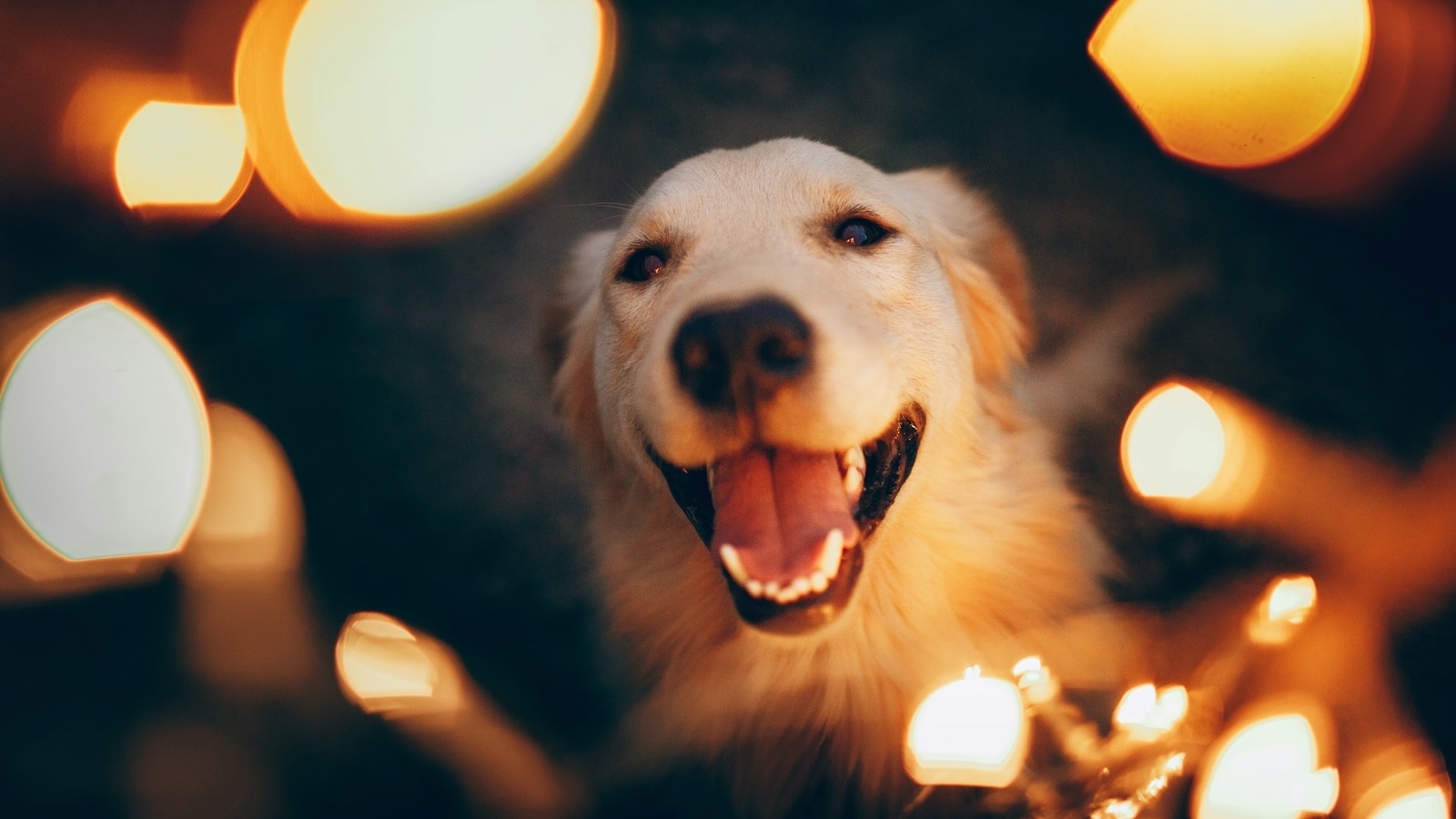Diwali is a time of celebration, but it can also be a challenging time for pets. The loud noises from fireworks, the bright flashing lights, and the presence of harmful substances can make this festive season stressful and even dangerous for them. Despite your best efforts to keep your furry friend safe, accidents or illnesses can happen. Knowing what to do in such situations is crucial to ensure they get the help they need as quickly as possible.
Dr. Shantanu Kalambi, Chief Veterinary Officer, Supertails shared with HT Lifestyle, “Pets are highly sensitive to the environment during Diwali. It’s essential for pet parents to be prepared and act promptly if their pets exhibit any signs of distress or injury.” (Also read: Study suggests your dogs understand you better when you use your baby voice )
Here’s a step-by-step guide on what to do if your pet gets injured or sick during Diwali:
1. Stay calm
When your pet is hurt or unwell, it’s natural to feel anxious. However, staying calm is essential. Pets pick up on your emotions, and if you panic, they are likely to become even more stressed. Taking a deep breath and remaining composed will help you handle the situation more effectively.
2. Assess the situation
Examine your pet carefully to understand the extent of their injury or illness. If they are bleeding heavily or having difficulty breathing, this could be a sign of a serious condition, and you should seek immediate veterinary attention. In less severe cases, determine whether your pet can be treated at home temporarily before taking them to the vet.
3. Provide immediate care if necessary
If your pet’s injury appears to be minor, you can provide basic first aid at home. Clean the affected area and make sure they are comfortable. Even if the injury doesn’t seem too bad, it’s important to take your pet to the vet afterward to rule out any internal complications or infections.
4. Watch for signs of illness
Diwali can expose pets to toxic fumes and loud noises, which might cause them to fall ill. Common signs of illness during this period include vomiting, diarrhoea, and lethargy. If you notice any of these symptoms, it’s critical to take your pet to the veterinarian right away. Early detection and treatment are key to a quick recovery.
5. Pay attention to other warning signs
Other symptoms such as loss of appetite, difficulty breathing, pale gums, increased thirst, fever, coughing, or sneezing should not be ignored. These could be signs of underlying health issues that require immediate veterinary attention.
6. Seek professional help without delay
When in doubt, it’s always better to consult a vet. Even if the symptoms seem mild, a professional will be able to assess the situation accurately and recommend the appropriate treatment. Early diagnosis is essential for ensuring your pet’s health and safety.
Being prepared and knowing how to respond during an emergency can make all the difference in keeping your pet safe and healthy this Diwali.







